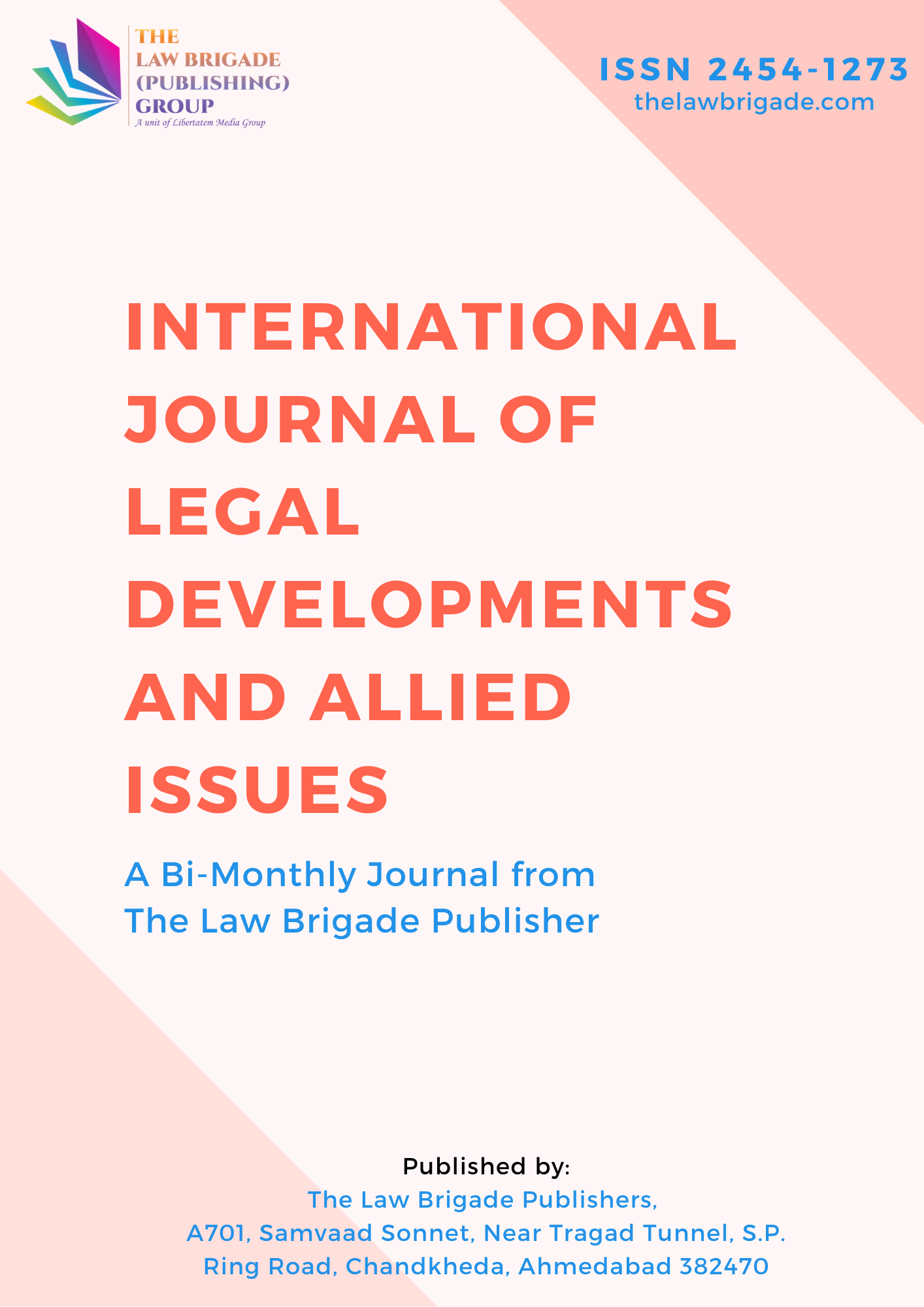Many indigenous genetic resources attain notoriety because of the benefits highlighted by traditional knowledge. These genetic resources attract a growing international market, which encourages large-scale cultivation by indigenous peoples and triggers a cycle of socio-economic dependence. The commercial and beneficial attractiveness of these genetic resources accounts for the desire of foreign corporations to synthetically substitute their properties. How is such substitution regulated? No instance of copying identically typifies the synthetic substitution of genetic resources, but akin rights like copyright derivatives are protected under copyright law. The rationales for such protection range from the need to protect the integrity of the original work, deter unfair harvesting from another’s hard work, and acknowledge the owner’s contribution to knowledge. This article examines the current legal framework of synthetic biological substitution, lessons from the protection of allied derivatives in intellectual property law and the application of access and benefit-sharing regulations to synthetic biological substitution. This work is fashioned to address the circumstances described in the case study below.
Synthetic Substitution of Traditional Knowledge Enhanced Genetic Resources: Regulation and Best Practices
Publication Information
Journal Title: International Journal Of Legal Developments And Allied Issues
Author(s): Unyime Morgan
Published On: 25/08/2023
Volume: 9
Issue: 4
First Page: 71
Last Page: 88
ISSN: 2454-1273
Publisher: The Law Brigade Publisher
DOI Not Allotted [Get DOI]
Cite this Article
Unyime Morgan, Synthetic Substitution of Traditional Knowledge Enhanced Genetic Resources: Regulation and Best Practices, Volume 9 Issue 4, International Journal Of Legal Developments And Allied Issues, 71-88, Published on 25/08/2023, Available at https://ijldai.thelawbrigade.com/article/synthetic-substitution-of-traditional-knowledge-enhanced-genetic-resources-regulation-and-best-practices/
Abstract
Keywords: Synthetic Substitution, Traditional knowledge, Genetic Resources, Misappropriation, Regulation of Synthetic Substitution





